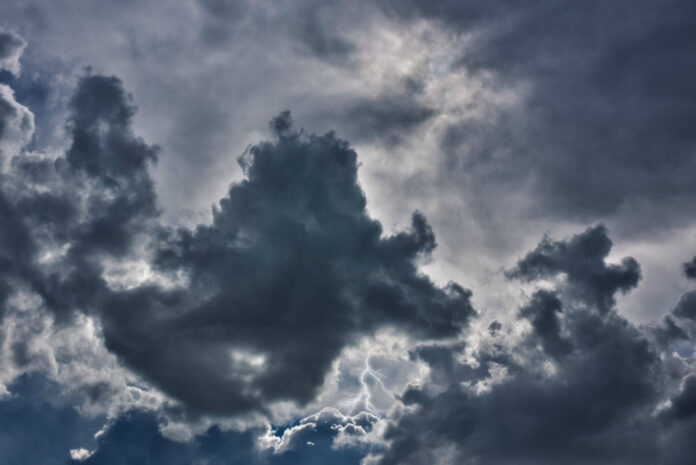2023 has so far been a dry year for Vancouver Island and the Sunshine Coast, and that might mean more water struggles this spring and summer.
According to Environment and Climate Change Canada meteorologist Bobby Sekhon, the Island and coast have received only about half the amount of normal precipitation over the last few months.
“For example, we just haven’t had a lot of wet systems come through. So, generally with the cooler trend, north-westerly flow we’ve had some precipitation come through but not too much,” said Sekhon.
“It’s really when we get those pacific systems with that southwest flow maybe from sub-tropical origins, that’s when we get that really wet weather on Vancouver Island.”
Sekhon adds the spring, however, can be a very difficult time of year to predict what could happen because it is a transitional season.
“We could get anywhere from heavy rains, strong winds, to hot and dry, to hail, thunderstorms and snow even,” said Sekhon. “It’s that season where you can get anything.”
Sekhon adds Easter weekend will see a warmer trend come to the area with more rain. Despite this, situations are still tense for areas like the Sunshine Coast and Sechelt.
“In the short term, they will get precipitation especially on Thursday and then probably into the weekend as well so hopefully in the short term that will be helpful,” said Sekhon. “In the long term, over the next two or three months we will be transitioning to a very dry time of year.
“It really depends on the amount of precipitation we do get. Until then, getting enough precipitation would be really nice ahead of the summer to get through the summer until we get into the rainy season next fall.”
He adds ensuring that residents are following local water restrictions and guidelines to keep water as plentiful as possible throughout the spring and summer.
Monitoring weather is also recommended, with the possibility of drastic weather changes during the spring.






